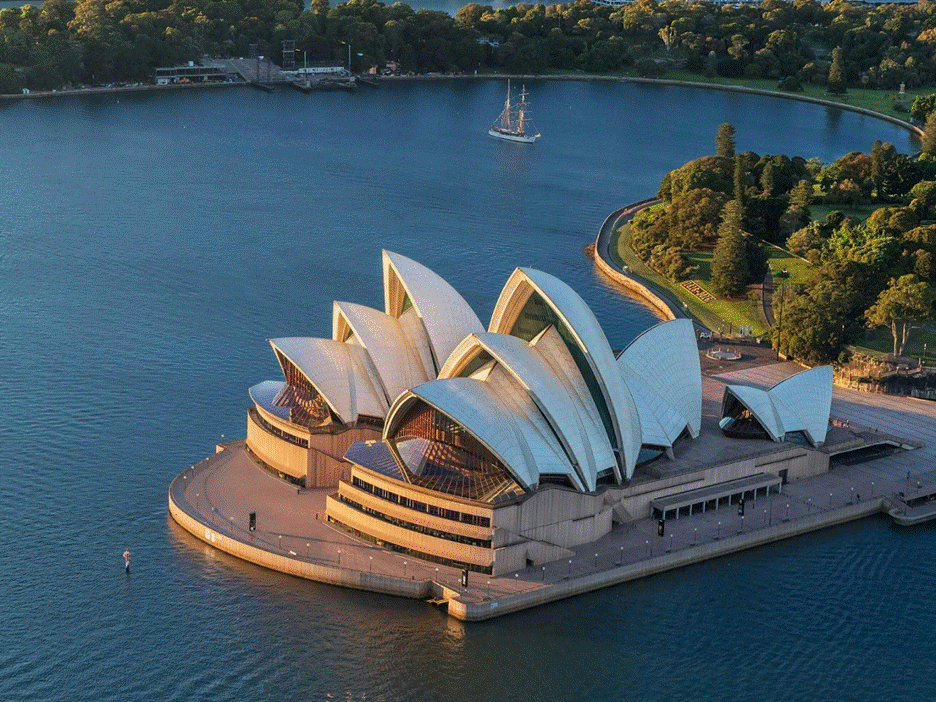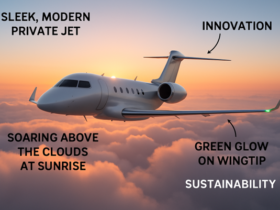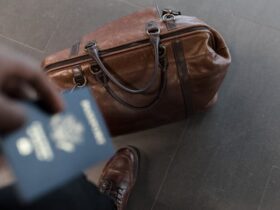What do business travellers actually care about in 2025? It’s not what many companies still assume.
The days of focusing purely on first-class perks, hotel upgrades, or flashy airport lounges are over. For the modern executive, travel isn’t just about getting from A to B in style. It’s about control, time, privacy, and efficiency. Expectations have shifted. Convenience and customisation now rank far higher than traditional luxuries.
So, what are the real priorities for business travellers in 2025?
Time Has Become the New Currency
One thing that hasn’t changed is that executives are still incredibly time-poor. But how they value and manage their time while travelling has evolved.
In previous years, time-saving conveniences might have meant priority check-in or a fast-track security lane. Now, that’s just the bare minimum.
Business travellers want:
- Direct routes – Layovers and detours are a deal-breaker unless absolutely necessary.
- Minimal waiting – Whether at the airport, hotel, or car hire desk, long queues are unacceptable.
- Tightly coordinated schedules – A late driver, a delayed room key, or a missed pickup can derail a carefully planned day.
This has made private jet charter the number one choice for those who value time as much as results. Operators like Multiflight make it possible to leave when you want, from where you want, without the delays or disruptions of commercial flying. That flexibility is gold dust for executives who often have to make last-minute decisions or schedule changes.
Privacy and Personal Space Are No Longer Optional
The line between work and personal life continues to blur, especially on the road. Executives aren’t just travelling to attend meetings anymore. Many are taking confidential calls, handling sensitive data, or leading remote teams from wherever they are.
That makes privacy essential.
Open-plan lounges, shared spaces, and public seating areas don’t cut it. Travellers want secure, quiet environments where they can focus, work, or simply switch off without distraction. Soundproof hotel rooms, private in-flight cabins, and even remote meeting-ready cars are now expected, not requested.
Even more, business travellers are seeking out experiences that offer a sense of autonomy. They want to feel in control of their environment. That means avoiding crowds, skipping shared queues, and being able to work uninterrupted while on the move.
Sleep, Food, and Health Are Priorities
Burnout is real. And no one knows that better than those constantly on the go.
In 2025, business travel isn’t about pushing limits. It’s about finding ways to maintain performance without sacrificing wellbeing. Executives are increasingly choosing options that support health over status.
For example:
- Sleep quality – A hotel with blackout curtains and soundproof walls will win over one with fancy interiors.
- Nutritious meals – No one wants to arrive at a meeting bloated from processed airport food or a rushed hotel breakfast.
- Fitness facilities – A high-quality gym or even in-room workout options can be a deal-maker.
More importantly, companies are starting to recognise that wellness impacts productivity. Travellers are encouraged to set boundaries, rest properly, and only take essential trips. And when they do travel, every touchpoint should support their physical and mental health.
Connectivity Is Expected Everywhere
In 2025, “dead zones” are no longer tolerated. Business travellers need to be online, always.
That doesn’t just mean fast Wi-Fi in the hotel lobby. It means full connectivity in-flight, during transfers, and in remote destinations. Streaming video calls, sharing presentations, accessing cloud-based workspaces – these are standard requirements now.
There’s also an expectation that digital services will be fully integrated. Travellers want:
- Real-time updates – No one wants to rely on staff or switch between apps to find out if a meeting has moved or a flight is delayed.
- Centralised bookings – Flights, hotels, transfers, and meetings all handled through one interface.
- Digital security – Travelling with sensitive data means end-to-end encryption and secure access are vital.
The tech needs to work, quietly and reliably, in the background. It should never add complexity or waste time.
Sustainability Is Not a Bonus, It’s a Standard
More business travellers are asking where their flights come from, how hotels manage their waste, and what environmental policies transport providers follow. It’s no longer niche. It’s part of the decision-making process.
This shift has driven change across the travel industry. Now, operators are expected to show transparency on emissions, offer carbon-offsetting options, and support greener practices at every level.
But sustainability isn’t just about environmental impact. It’s also about smarter choices. Taking fewer, more meaningful trips. Choosing quality over quantity. Staying longer in one location rather than hopping between cities for short meetings.
Executives are being selective about when and why they travel. If it doesn’t add clear value, it’s not worth the environmental or time cost.
Personalisation Matters More Than Ever
One-size-fits-all travel plans are out. Executives now expect their trips to feel tailored, even if they’re organised by someone else.
This can include:
- Preferred room setups
- Custom food requests
- Exact seating preferences
- Specific driver instructions
- Streamlined check-ins using saved details
Small touches make a big difference. Having the exact drink you like waiting in your hotel room, or a car that’s already set to your preferred temperature, can instantly shift a trip from functional to enjoyable.
Even better, when those preferences are remembered without needing to be re-stated every time.
Travel Smarter, Stay Sharper
The future of executive travel doesn’t look like more mini bottles of champagne or heated towel service. It looks like control. It feels calm. It runs on precision, not extravagance.
If you want to keep up with what business travellers really want in 2025, stop offering flash and start delivering function. Those who get that right will be the ones who stay ahead.







